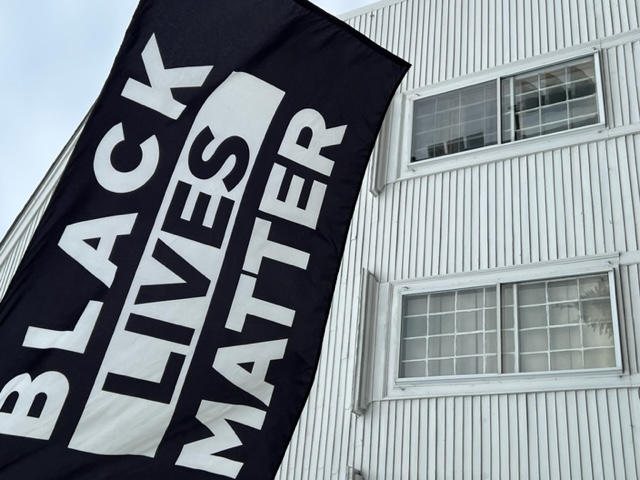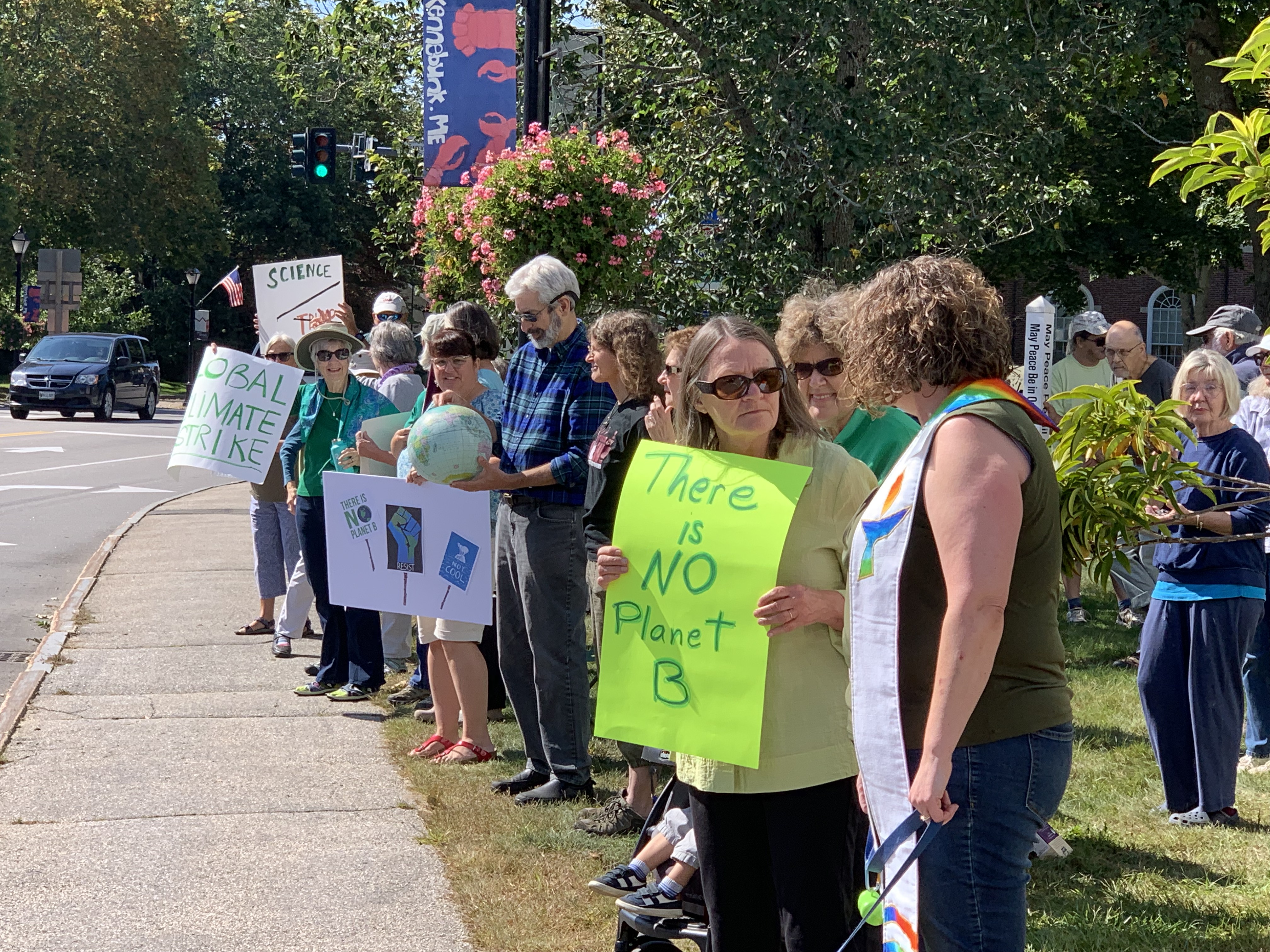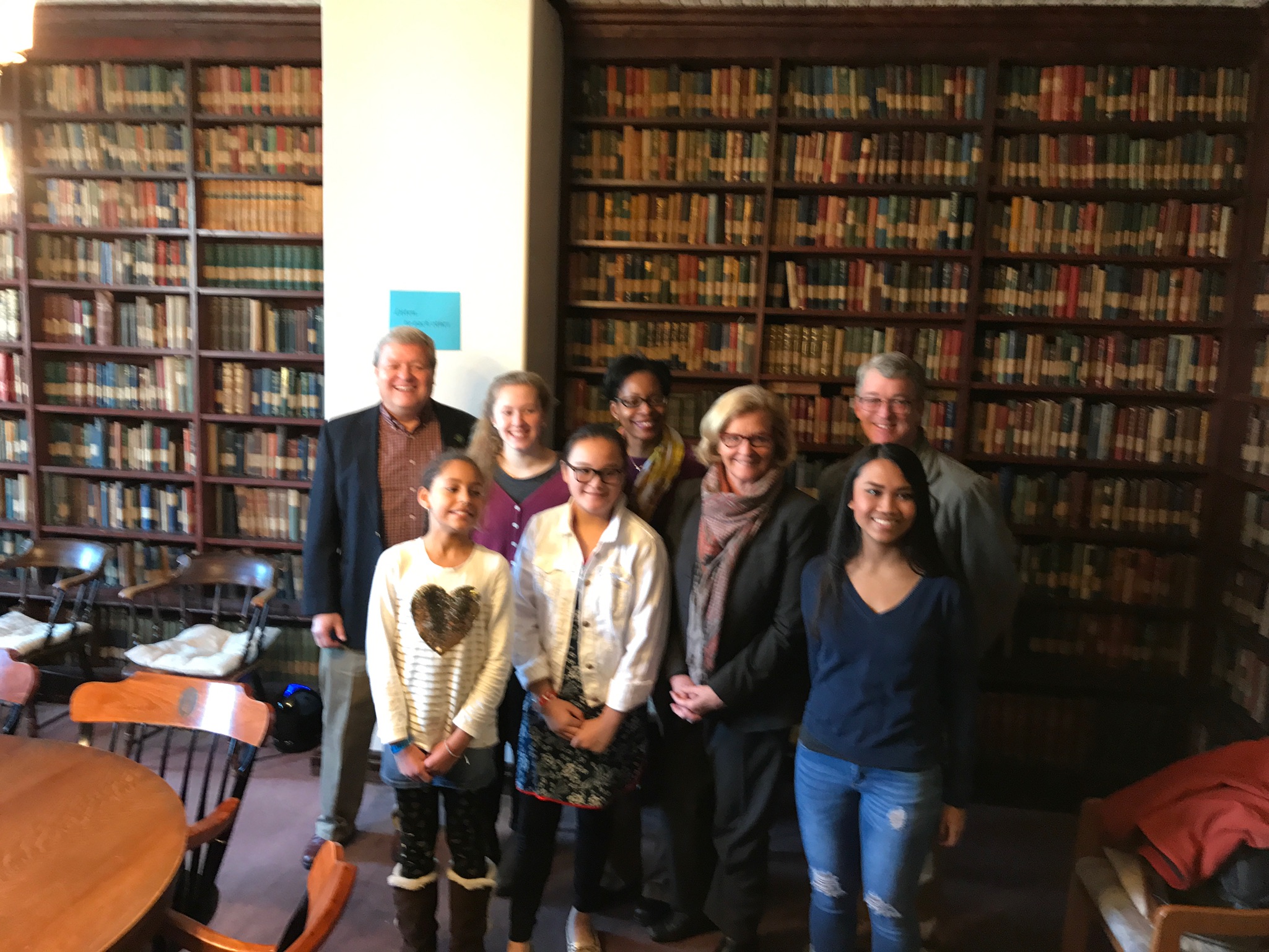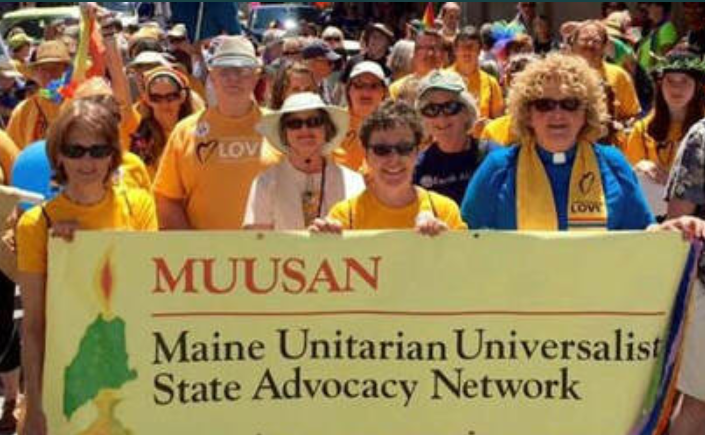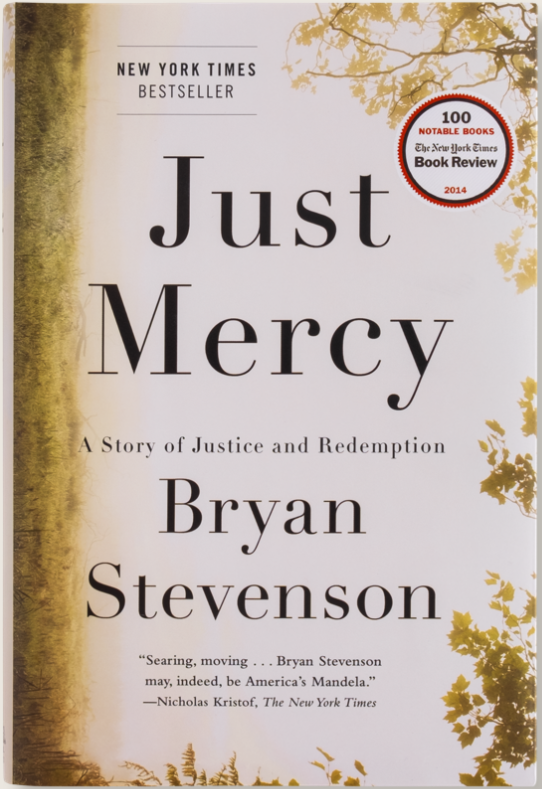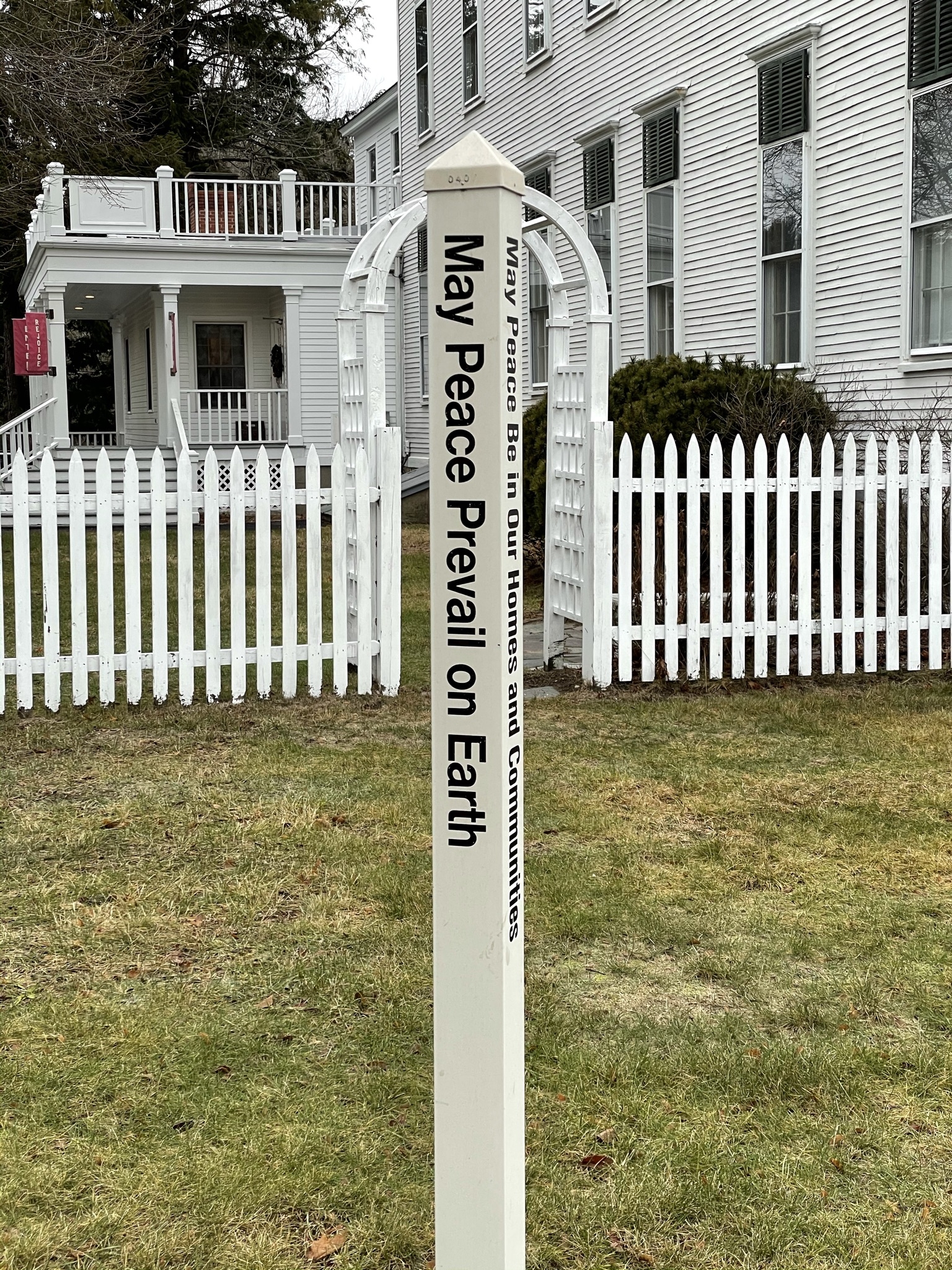Suggested Books and videos
Racial Justice
Waking Up White: And Finding Myself in the Story of Race by Debby Irving — For 25 years, Debby Irving sensed racial tensions in her personal and professional relationships. In Waking Up White, she describes the "aha!" moments that drastically shifted her worldview. She offers readers thought provoking questions to help them consider their own implicit biases.
Between the World and Me by Ta-nehisi Coates — This book, written as a letter to the author's teenage son, lets the reader in on how it feels to be a black boy in an American city. Ta-nehisi Coates describes his youth in Baltimore, detailing the ways in which the school, the police, and street gangs, endanger, and threaten to disembody black men and women. He shows how "racist violence … has been woven into American culture."
Just Mercy by Bryan Stephenson — Just Mercy centers on Bryan Stephenson’s legal defense of a young African American man sentenced to die. The case transformed his understanding of mercy and justice forever. Stevenson founded the Equal Justice Initiative, a legal practice dedicated to defending the poor, the wrongly condemned, and women and children trapped in the farthest reaches of our criminal justice system: https://eji.org/bryan-stevenson/
White Fragility: Why It's So Hard for White People to Talk About Racism by Robin Diangelo — The New York Times best-selling book explores the counterproductive reactions white people have when their assumptions about race are challenged and how these reactions maintain racial inequality.
The Strange Career of Jim Crow by C. Vann Woodward — One of the great works of Southern history, this book actually helped shape that history. Published in 1955, a year after the Supreme Court in Brown v. Board of Education ordered schools desegregated, Strange Career was cited so often to counter arguments for segregation that Martin Luther King, Jr. called it "the historical Bible of the civil rights movement." C. Vann Woodward analyses the history of Jim Crow laws and presents evidence that segregation in the South dated only to the 1890s and thus was a relative newcomer to the region.
The New Jim Crow: Mass Incarceration in the Age of Colorblindness by Michelle Alexander — A compelling argument that shows the many ways racial hierarchy still dominates American society. The New Jim Crow dives deep into the racial discrimination within our justice system. Passionate and engaging, this book will change the way you see race in modern America.
Video — Shadows Fall North: A two-hour documentary about the discovery of slaves' bones buried beneath a street in Portsmouth, NH, and how the community made them part of the Black Heritage Trail. Produced by the University of New Hampshire Center for the Humanities, Atlantic Media Productions, and the Black Heritage Trail of N.H: www.blackhistorynh.com


